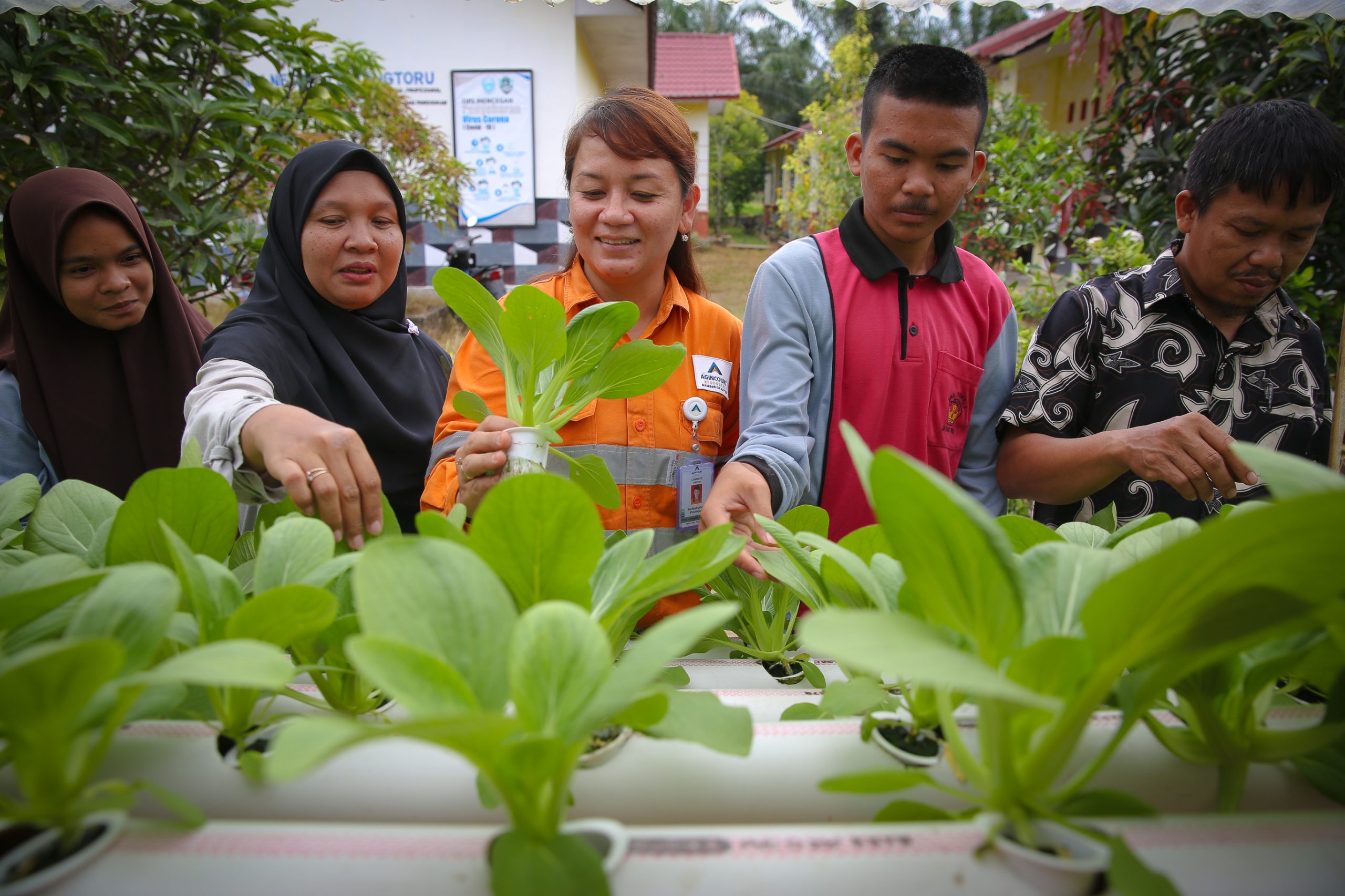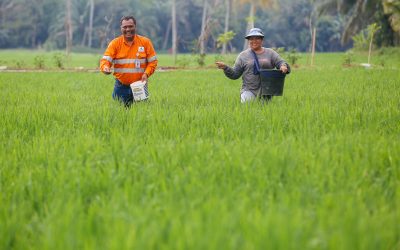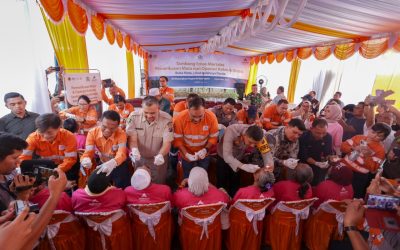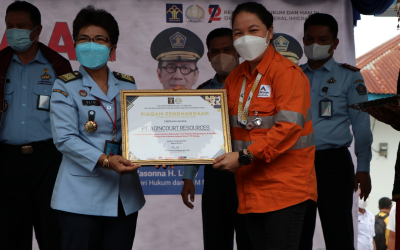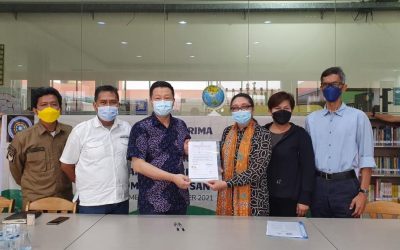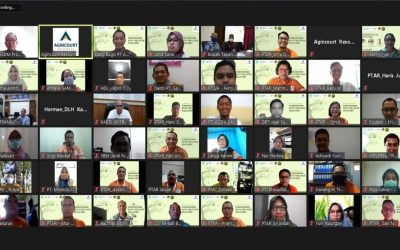The agricultural sector, which involves the management of food commodities, plays a vital role in human life. This is undeniable because everyone greatly depends on the agricultural sector for their sustenance. Just imagine if farmers were to experience crop failures or engage in a mass strike, food supplies would inevitably be disrupted, leading to chaos in political and economic stability.
As the world’s largest archipelagic nation, which serves as a haven for biodiversity, Indonesia heavily relies on the agricultural sector for livelihoods, national development, and the economy. The majority of Indonesia’s population earns their living in the agricultural sector, engaged in activities such as rice cultivation, vegetable farming, wheat production, corn cultivation, fruit farming, fish farming, and more. This is why Indonesia is often referred to as an agrarian nation.
Long-term sustainability of the agricultural sector requires thorough planning and support from all stakeholders. The rejuvenation of farmers, coupled with the adoption of systems, management, and techniques that align with contemporary developments, is also highly essential.
PT Agincourt Resources (PTAR), the operator of the Martabe Gold Mine located in Batangtoru, South Tapanuli, is committed to providing ongoing support to farmers and enhancing agricultural productivity. Notably, agriculture and local economic development are two of the primary focal points of PTAR’s Community Development and Empowerment Program (PPM). Furthermore, it’s worth emphasizing that 80% of the population in South Tapanuli relies on agriculture as their primary source of livelihood.
PT Agincourt Resources (PTAR) supports agriculture through various aspects, encompassing capacity development, the provision of agricultural production facilities, irrigation systems, paddy field access infrastructure, product certification assistance, the strengthening of farmer group institutions, post-harvest production facilities, and market access. Dozens of agricultural development programs are regularly organized to enhance the quality of agriculture in South Tapanuli, particularly in the Batangtoru and Muara Batangtoru subdistricts. Among these programs are initiatives such as facilitating certification for Field Agricultural Extension Officers (PPL), integrated livestock system development for village youth groups, the cultivation and sale of root crops, capacity development for fish farming, the production of superior and certified rice seeds, organic rice, corn grits, agricultural infrastructure (including road access and irrigation channel improvements), and fruit cultivation in pots.
As of now, based on PT Agincourt Resources’ (PTAR) mentoring efforts, the cultivated agricultural land area in the Batangtoru and Muara Batangtoru subdistricts has reached approximately 150 hectares. This includes 2 hectares of organic farming, 10 hectares for rice cultivation, 100 hectares for conventional rice farming, 3 hectares for root crop cultivation, and 35 hectares for corn grits cultivation. The number of farmers who have received support from PTAR’s programs has also reached around 250 individuals.
Furthermore, PT Agincourt Resources (PTAR) has also taken a forward-thinking approach by launching the Agricultural Vocational High School (SMK) Development Program. This program is aimed at three specialties at SMKN 1 Batangtoru and SMKN 1 Muara Batangtoru: Agribusiness Processing of Agricultural Products, Agribusiness in Plantation Crops, and Agribusiness in Food Crops and Horticulture. Collaborating with the Agricultural Vocational Education Quality Assurance Development Center (BBPPMPV) in Cianjur to execute this program over a span of 3 years, PTAR aims to produce high-quality, competitive young farmers who can be valuable assets to the region.
In relation to the agricultural programs implemented by PT Agincourt Resources (PTAR), the Regent of South Tapanuli, H. Dolly P. Pasaribu, expressed appreciation and gratitude to PTAR for its initiative and commitment to collaborate with the South Tapanuli Regency Government in enhancing the quality of the agricultural sector. “We hope that these programs can optimize resources, leverage technology to enhance the role of farmers and extension officers in achieving food self-sufficiency programs in South Tapanuli. Furthermore, we aim to encourage the development of modern, professional, and entrepreneurial millennial farmers,” concluded Dolly.

